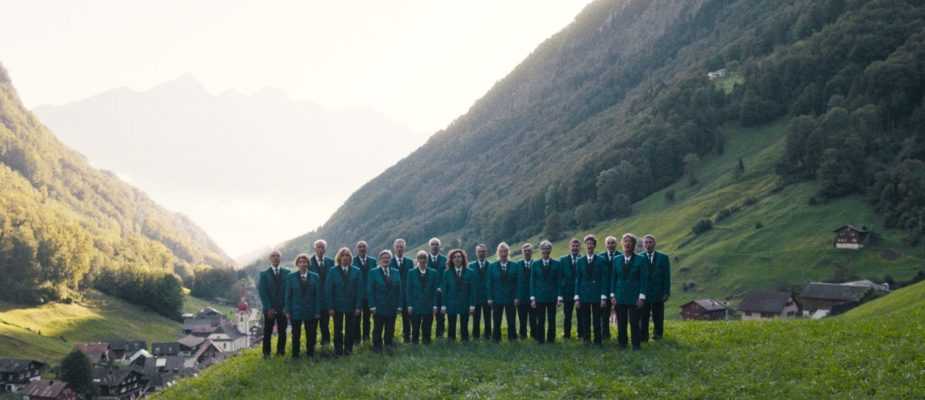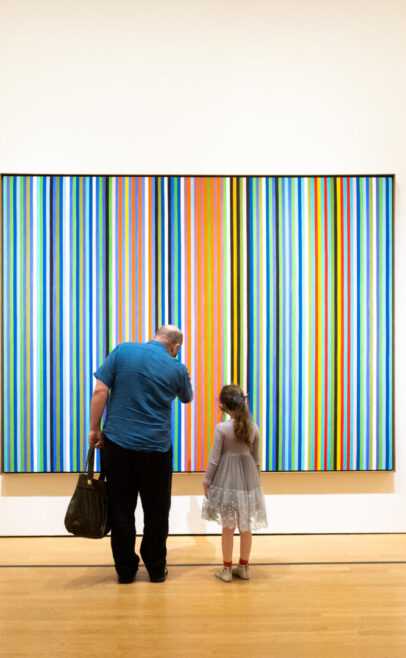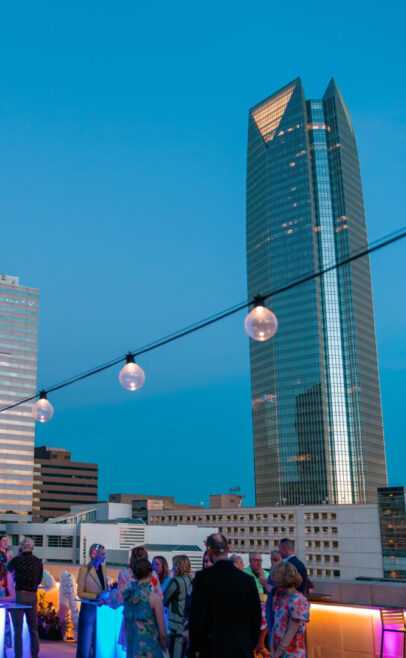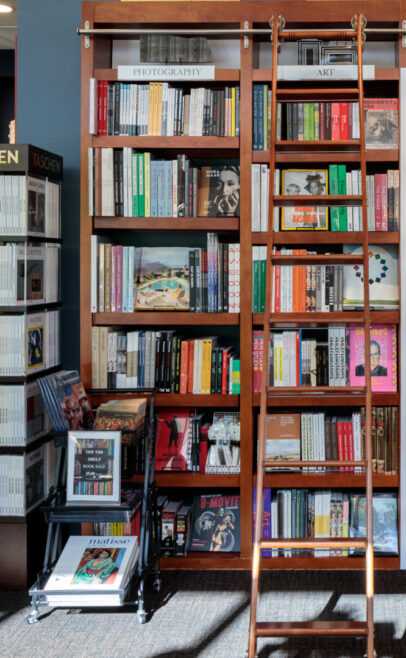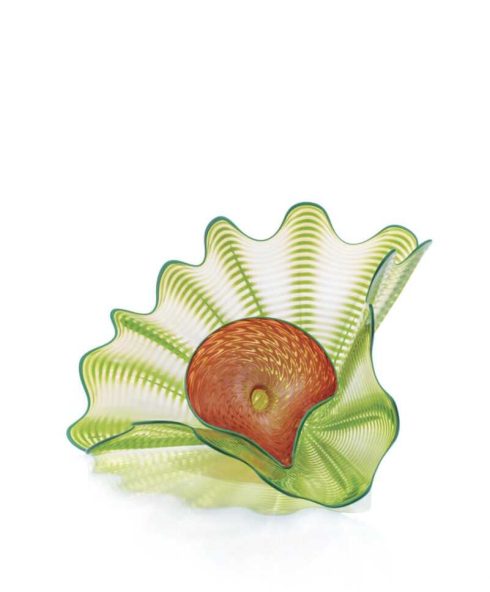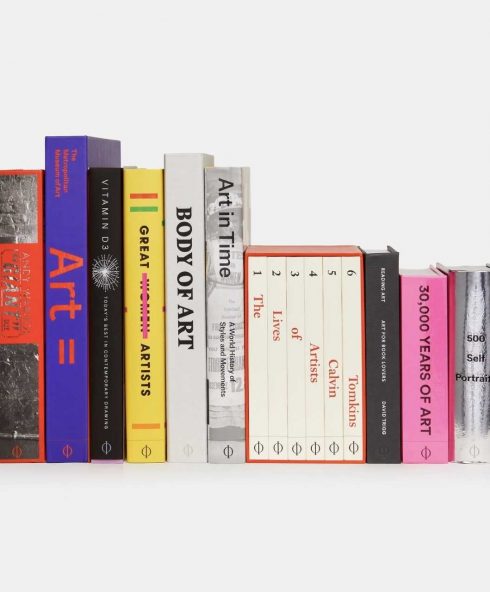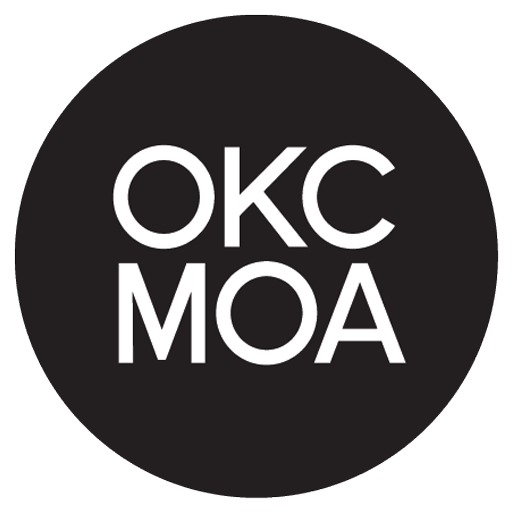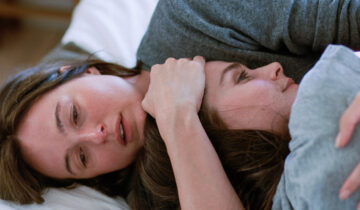Over the past week or so, the Berlin International Film Festival has celebrated its 72nd installment with a heavily protocoled in-person event that ran in parallel with this year’s virtual European Film Market (which repeated the structure last year’s online-only program). The latter, in which I participated again this year, traded the benefits of not having to navigate the COVID landscape abroad for inferior home-viewing conditions and restrictions on the films available—high-profile awards-winners like Claire Denis’s Fire (a.k.a. Both Sides of the Blade) and Hong Sang-soo’s The Novelist’s Film were both withheld from the EFM’s Competition selection, though, thankfully, both have already been acquired for U.S. distribution. Yet, despite lacking these and other potential highlights—as well as any monumental achievements on the scale of last year’s What Do We See When We Look at the Sky?—the 72nd Berlinale’s EFM edition yielded even more quality films than we see saw in the 71st edition, providing a very positive sign that world cinema continues to persevere, and even grow in the face of the global pandemic.
While the fact of COVID restrictions are evident in many of this year’s films, fewer treat the global pandemic as a subject. One notable exception was Bertrand Bonello’s Coma, my favorite work from the more experimental Encounters section, or from any of the others, for that matter. Known to OKCMOA audiences for his scintillating and provocative youth-fronted features Nocturama (2016) and Zombi Child (2019), Coma centers on a teenage girl (standing in for the director’s daughter Anna), who lives a series of dreams and nightmares from her locked-down apartment bedroom; and on Patricia Coma (Julia Faure), a YouTube-style celebrity who serves as her uncanny Lynchian universe’s master of ceremonies. A variety of forms from the director’s own younger years, from Twin Peaks and Inland Empire to Superstar: The Karen Carpenter Story to Linklater-style rotoscoped animation, offer a platform for the young heroine’s anxieties—a fluid surrealist limbo out-of-which the voice-over promises Anna will eventually emerge stronger. Coma compassionately understands the disproportionate emotional toll that COVID has had on the young, presenting a disquieting day-for-night dreamscape as we explicitly await the impacted generation’s own future stories and forms.
My own virtual festival began with another absolute highlight—though one with a much looser connection to pandemic life, save for its profoundly remote, top of the Swiss Alps setting, Michael Koch’s A Piece of the Sky. Making initially counter-intuitive use of the more square than wide Academy aspect ratio, Koch captures this soaring space’s steep verticality as he registers, in poetic long take, the laborious quotidian details of the film’s exceptionally picturesque corner of Europe. The more spectacle-based of these center on the film’s hulking male lead (Simon Wisler), a bestial corporeal presence who begins to exhibit increasingly bizarre behavior when irregularities are discovered on a head scan. It will be left to his tender single-mother wife, Anna (Michèle Brand), to navigate the fall-out as she cares for her daughter and lives on working her civil service job and tending bar surrounded by the gossiping gray-haired men of her tiny village. Koch’s artful staged entry, which features its own version of a Greek chorus (see pictured), received a special mention from the Competition’s M. Night Shyamalan-led jury.
This same jury blanked Austrian auteur Ulrich Seidl’s Rimini, in this instance from the topographically and photogenically opposite (to the Swiss Alps) locations of seaside Rimini, Italy and Lower Austria. The injustice here involves the jury’s failure to recognize Michael Thomas’s epic inhabitation of Ritchie Bravo, a long-in-the-tooth pop star who still makes the rounds, workman-like in every stop, crooning to his late-seventy-something admirers—and their dutiful husbands—amid gloomy Rimini’s depressing winter nightclubs. Bravo supports his small box office takings by moonlighting as a gigolo, where he brings the same high level of effort to his Rubenesque clients; and by lending his home studio to a devoted, well-heeled female fan. From there, Seidl transforms his latest portrait of EU ugliness into an especially sharp look at Europe’s Islamification, imagining the course of the continent’s civilization through three generations: Bravo’s hedonistic baby-boomer, his Nazi father, and his Muslim-loving (in a literal sense) estranged daughter.
A much different fate awaited Carla Simón’s Alcarràs, a patient, life-filled portrait from the sophomore Spanish director. Awarded this year’s top Competition prize, the Golden Bear, Simón’s Catalan-language follow-up to OKCMOA crowd-favorite Summer 1993 (2017) expertly draws a network of family connections between three generations of Catalonian peach farmers—and their Barcelona relations—as they face an existential threat to their livelihood. Simón is especially adept in her naturalistic direction of childhood and adolescent actors, making this immersive easy-pleasure an easy film to get behind—for jury and critic alike.
Simon wasn’t the only under-forty Spanish director to earn a prize with Lois Patiño joining his countrywoman for The Sower of Stars, an exquisitely beautiful and evocative nocturnal portrait of Tokyo’s waterfront that deservedly won recognition in the Berlinale shorts category. Paired with voiced-over text from male and female Japanese narrators, Patiño makes striking use of superimpositions as the phantasmal electric light of the skyscrapers and elevated trains dance across and snake through the pitch black sky and sea. This festival peak very much deserves to be seen on a big screen in a very dark theater—conditions that the online version couldn’t replicate.
The non-competitive Forum section also bounced back this year with a handful of creditable entries, including Portuguese festival-circuit favorite Rita Acevedo Gomes’s The Kegelstatt Trio, which admirably finds the emotional depth of its Rohmer source within the framework of a Mozart-centered stage-play, explicitly filmed for the screen, in a modern country home. Famed Kazakh director Darežen Omirbayev returned with Poet, at once biography and fictionalized autobiography as the filmmaker melancholically considers the fate of the poet on the nineteenth century steppe and in his modern-day homeland (where his surrogate appears to a single, touchingly appreciative member of the public). There was also Alain Gomis’s archival Rewind & Play, where legendary jazz pianist Thelonious Monk, beads of sweat falling down his overheated face, battles the French narrative imposed on his career in the rushes for a television interview.
Finally, Alejo Moguillansky and Luciana Acuña’s Argentine lockdown comedy The Middle Ages engages with the past couple of years no less than Bonello’s Coma. Moguillansky, Acuña and daughter Cleo Moguillansky create their engaging everyday fiction out of the fabric of their domestic life. While The Middle Ages also privileges its young heroine’s psychological experience of forced confinement, Moguillansky and Acuña’s real-life daughter, unlike Bonello’s surrogate Anna, finds a way to profit from her confinement—thanks to her parents’ artistic self-absorption. The ultimate way forward here is a stripping away that Cleo’s clandestine project initiates in the unsuspecting household.
Note: A special thanks is due to Head of Film Programming, Dr. Lisa K. Broad, who provided recommendations throughout the festival—and whose thoughts on the above films I have, no doubt, shamelessly stolen for the post.
-Michael J. Anderson
